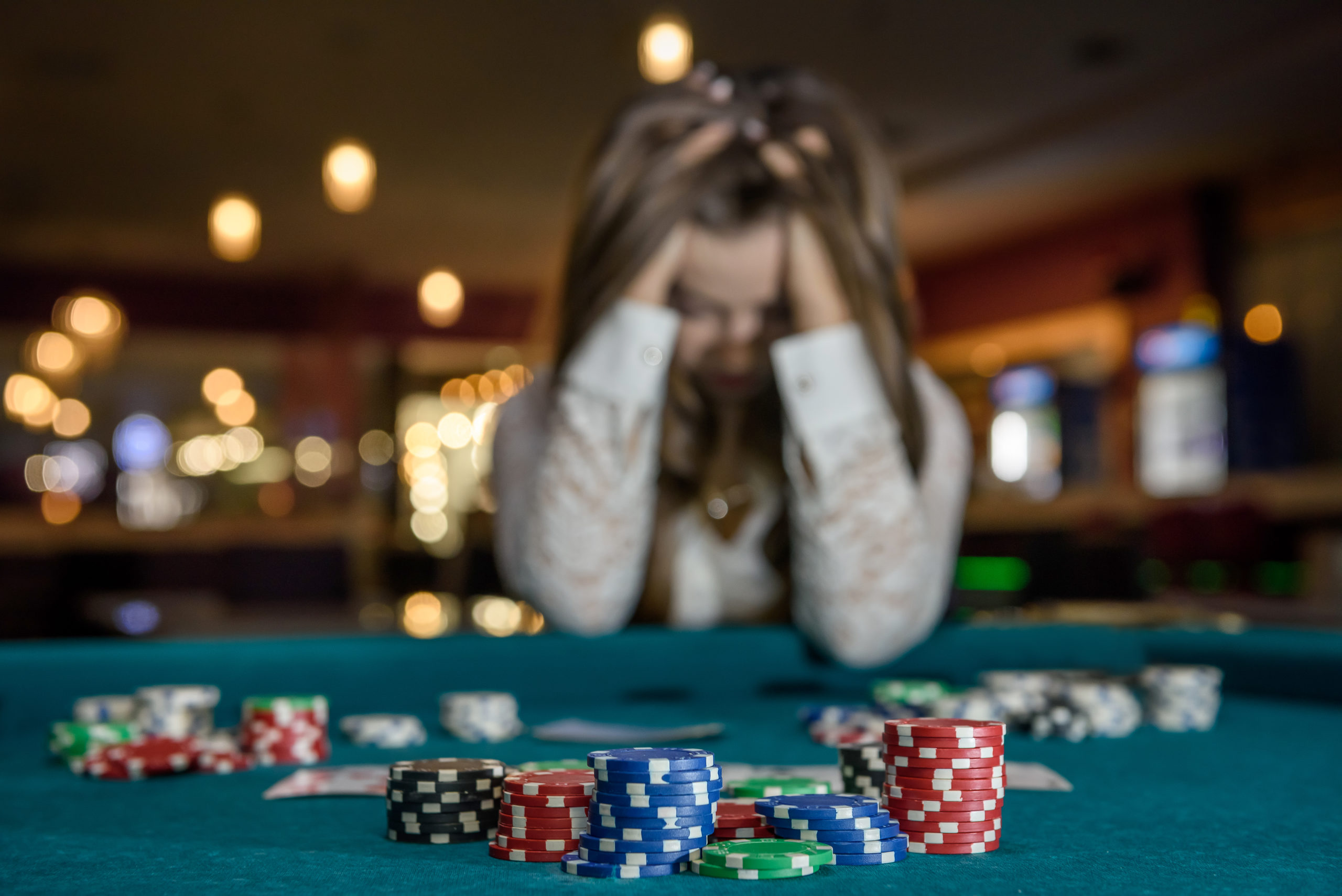Gambling Addiction Treatment
Gambling addiction treatment involves learning to identify and manage gambling
urges in order to reduce relapse casino Malaysia. It can also include a focus on alternative leisure
activities and coping skills. The treatment may involve an outpatient or inpatient
program, and it can be helpful to seek counseling from a licensed mental health
professional.

Cognitive behavioral therapy is a common type of treatment for gambling, which
focuses on correcting the cognitive distortions that often lead to gambling and on
relapse prevention Malaysia online casino. It can also address co-occurring issues such as depression,
anxiety or bipolar disorder.
Medications that may help with gambling include antidepressants and mood
stabilizers, such as tricyclic antidepressants or lithium. Narcotic antagonists, used to
treat drug addiction, may also be helpful in reducing gambling urges.
Other types of treatment can include psychotherapy, support groups and family
therapy. During these sessions, therapists will work with the patient to change
unhealthy beliefs and behaviors associated with gambling. It is important to
remember that the therapist’s goal is to provide assistance so the person can live a
happy, healthy life without the need for compulsive gambling.
The Treatment Plan
The most effective form of gambling addiction treatment is behavioral therapy or
cognitive behavioral therapy (CBT). During this process, the therapist will help you
develop coping strategies to stop or avoid gambling. These strategies include
recognizing and avoiding situations that can trigger your desire to gamble, changing
negative behaviors related to gambling and developing a support system.

If your family has a history of gambling, it’s a good idea to get the whole family
involved in the treatment process. This can help you learn to communicate better
and feel more connected to others. It can also help you overcome feelings of shame,
guilt and depression that can sometimes accompany gambling problems.
Self-help groups can also be helpful for some people, and the therapist may
recommend a group for you. These groups can help you share your experiences and
gain advice from other people who have similar issues.
Getting Help
If you think you or someone you know has a problem with gambling, it is important
to seek help immediately. The sooner you do this, the more likely it is that you will
be able to stop gambling and live a healthy, productive life.
Your treatment plan will depend on your particular situation, so it’s best to talk with
your primary care physician or a licensed therapist about your options. Ask them
about outpatient programs, residential treatment or inpatient treatment.
Inpatient treatment is often recommended for people with severe problems or
severe comorbid conditions, including anxiety, depression or bipolar disorder. These
individuals may need to stay in the treatment facility for a longer period of time than
outpatients or those with milder gambling problems.
The Treatment Plan
Once you are accepted into a treatment program, the therapist will create a detailed
plan for your recovery. Your therapist will help you establish goals, such as reducing
your gambling budget or cutting back on spending, and will teach you how to set
limits on your gambling habits.
